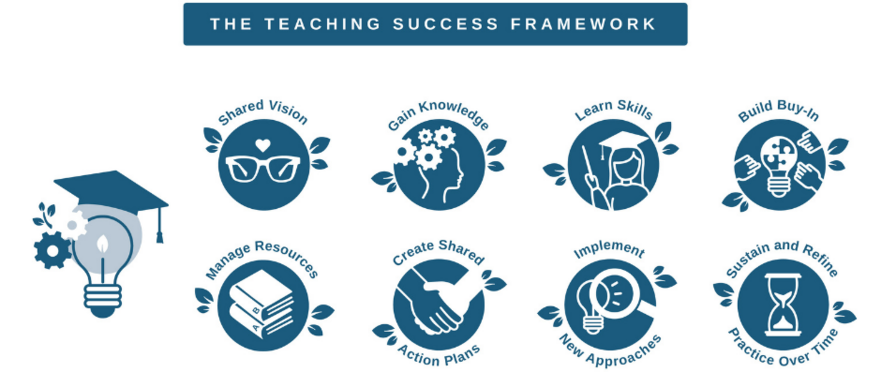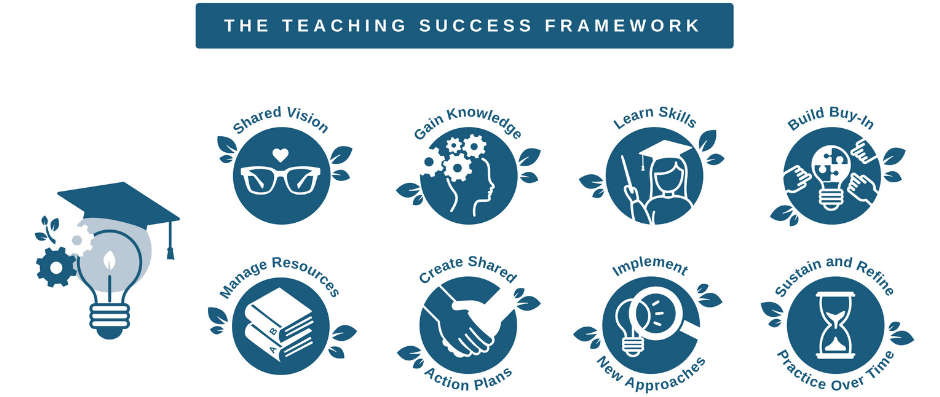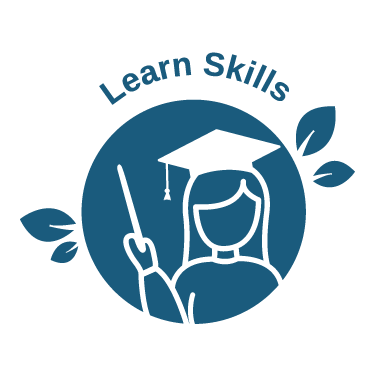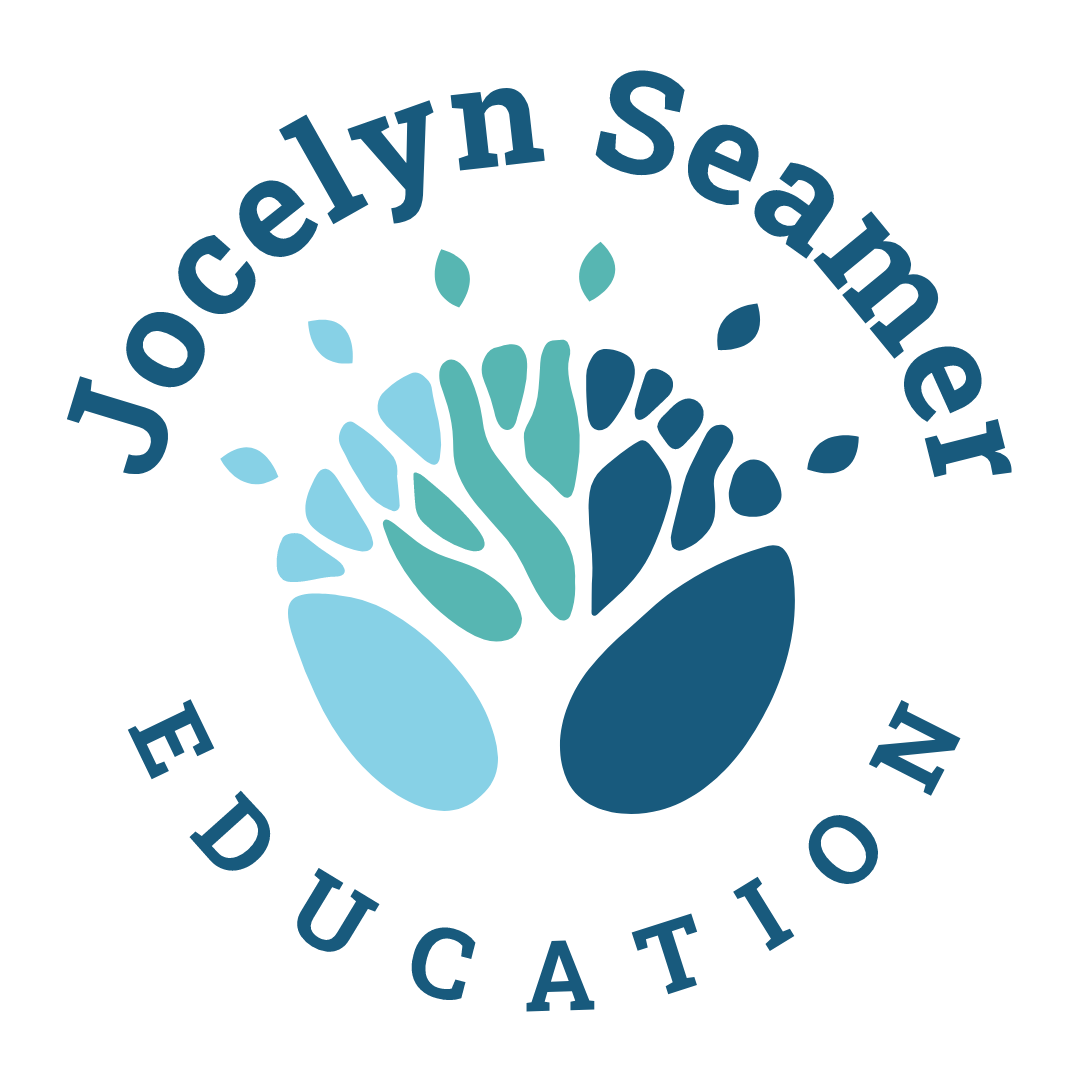Knowledge is Critical, but Don’t Forget Skills

We all know that teacher knowledge is way more important than just having a program in our classrooms. Knowing why you are doing what you are doing can be the difference between highly effective practice and random acts of improvement that don’t lead to great results.
In considering how to create sustained, effective practice, I have developed the Teaching Success Framework. There are 8 parts of the framework.
- Shared Vision
- Knowledge
- Skills
- Buy-in
- Resourcing
- Shared Action Plans
- Implementation of new practices
- Creating sustained practices

Each of these parts of the framework contributes to the creation of strong, long-lasting change, and the absence of any one of them can create difficulties for a team and for students.
There are three kinds of knowledge:
- Declarative knowledge (What we know)
- Procedural knowledge (what we do – called skills in the Teaching Success Framework)
- Conditional knowledge (knowing how to adjust what we do to suit the circumstances)
As teachers of reading, all three kinds of knowledge are critical in order to be high performing in what we do. There is (rightly) a huge emphasis on declarative knowledge. We need to know about the Big 6 idea of reading and the cognitive processes that occur when we read. We need to know about the alphabetic principle, the role of morphology, phonological and phonemic awareness and a host of other things. However, all of this learning doesn’t necessarily translate to highly effective teaching. Why?
I think it’s because we often forget about the importance of developing procedural knowledge (skills). Teachers develop automaticity with structured literacy practices in the same way our students develop skills like handwriting, reading and spelling. That is, with modelling, guidance, explicit instruction and follow-up support.

When we are working with our teams (or trying to teach ourselves) the skills of explicit reading instruction, it is helpful to keep the following in mind.
- Teachers need to know why they are doing what they are doing
- We need someone to show us what to do and tell us what to do (model and deconstruct)
- We need to be able to implement what we have learned with someone there to give us feedback
- We need that support (in decreasing amounts) over time so that we can refine what we are doing. (Gradual release of responsibility).
For those of us who have embraced explicit teaching, this all sounds very familiar!
But have a think about how often we actually apply this to supporting our teams (or ourselves) to develop practice. All too often, someone goes off to PL or is given a book about some aspect of teaching and is then expected to implement what they have learned and get great results. It isn’t, however, enough to simply tell someone that things must change, give them a tool and then walk away.

This is where other aspects of the Teaching Success framework come into play. Other elements such as
- The creation of shared action plans
- Clear guidelines on how your school implements new practices
- Decisions about how new approaches will be resourced a
- And a clear plan for creating sustained changes and practices
All combine to ensure that teachers and students are supported for the long term.
As with students learning new skills, teachers will develop at different rates and require different levels of intensity of support. Take the time to consider the needs of individual teachers as your school adopts new approaches and practices. It will benefit the whole school community in the long run.
Looking for ready-made resources to help you implement structured literacy in your classroom? Read more about the Resource Room here. 

 Jocelyn Seamer Education
Jocelyn Seamer Education
0 comments
Leave a comment